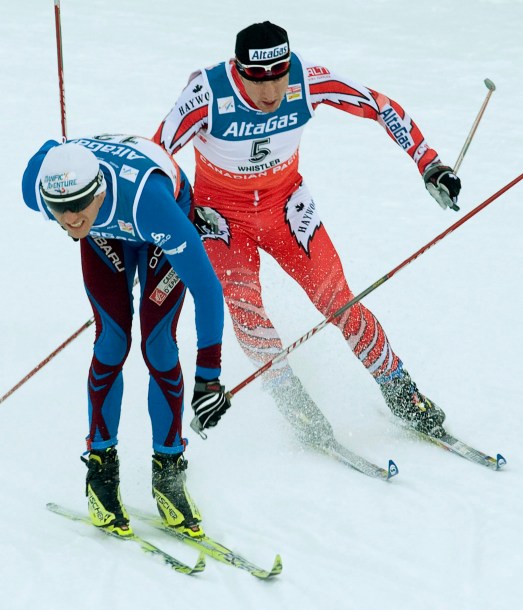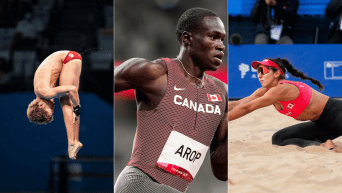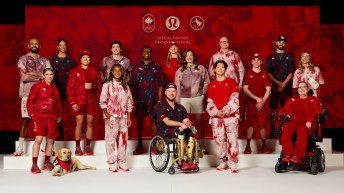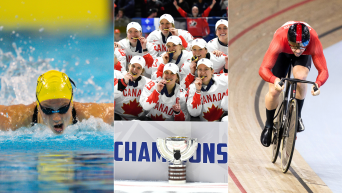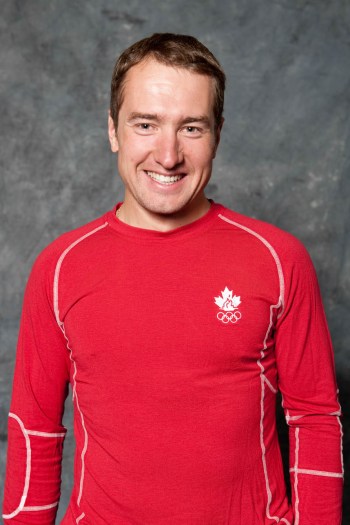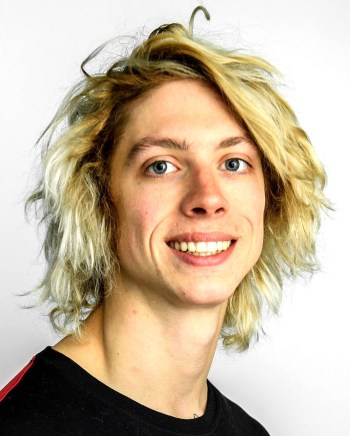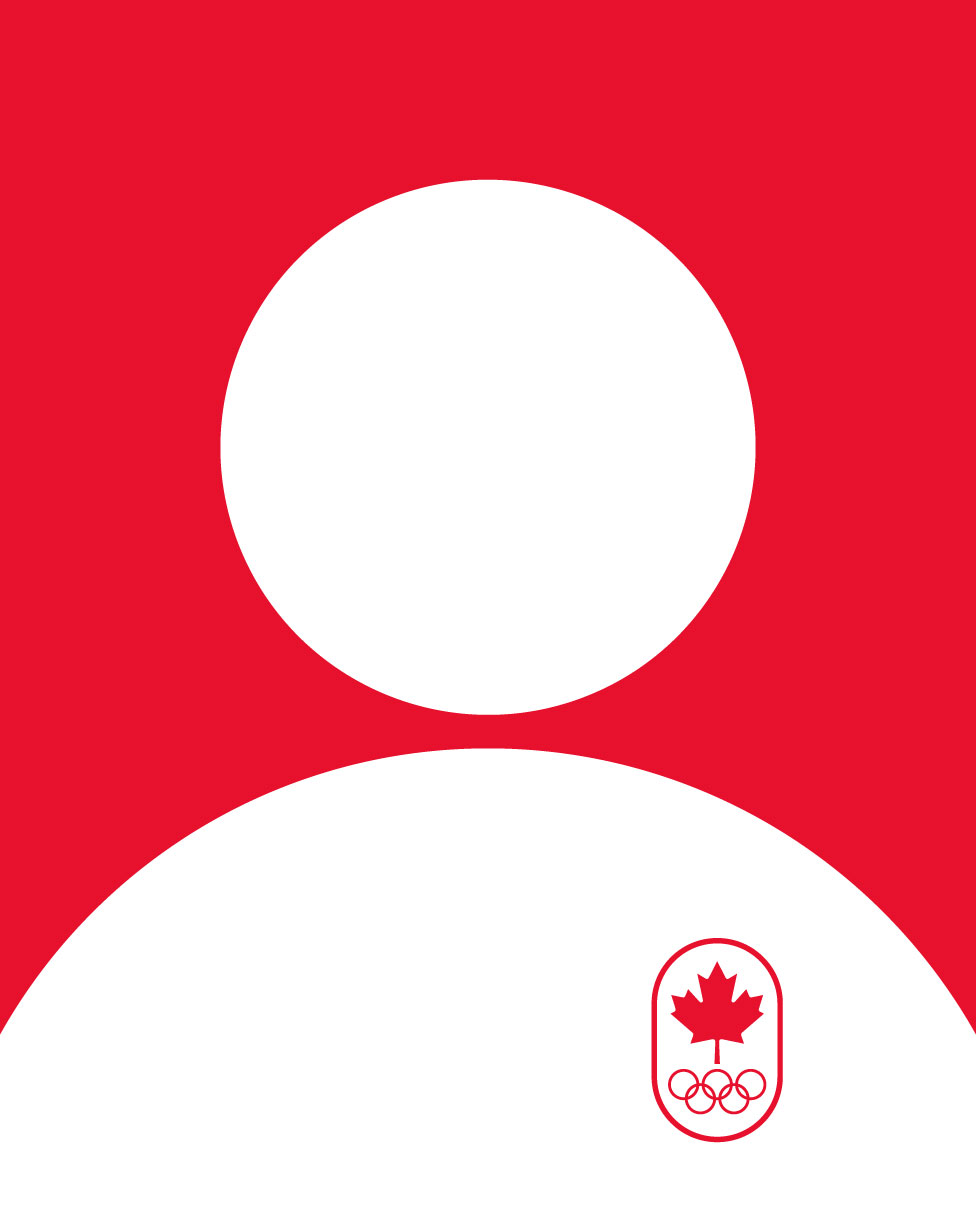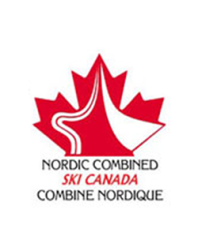Crossing Countries with Skier Ivan Babikov
On Jan. 4, Ivan Babikov became just the second Canadian male cross-country skier ever to win a World Cup gold medal. Babikov won an 11 km pursuit race in Italy, one of the world’s toughest courses where the final 425 metres are a slow climb to the finish line. It was his first season with the team.
“For me it was a big surprise,” he said. “On the podium I was so psyched, it was the greatest feeling in the world.”
His road to this moment – and likely to the 2010 Olympic Winter Games – was a winding one, but the 28-year-old has remained stayed focused the whole way.
He was born in Syktyvkar, a Russian city of 280,000 people closer to the Barents Sea than to Moscow. Syktyvkar has, Babikov said, a great history of competitive skiing. “The winter is long and we have a lot of snow,” he said. “That’s pretty much it.”
At age nine, he enrolled at the local cross-country skiing school, mostly to join his friends from soccer. Skiing proved the perfect place to unload all the energy he had as a child. he was quickly drawn to the sport and its competitive element – not to say it came naturally.
“When I was a junior, I was not very good,” he said. “My friends were so much faster than me. But I kept working and training. I knew I had to train more to beat those guys.”
As it turned out, Babikov thrived on the dedication required to be a serious cross-country skier. He steadily improved and became one of Russia’s top skiers. He hadn’t thought about where it could go career-wise; he just wanted to get better. “I am pretty stubborn and I won’t leave the track before I do something that I feel is done properly.”
Babikov immigrated to Canada in 2003 and started working in Toronto in order to gain citizenship and sponsor his wife and son. Svetlana and Sergey were still home in Russia and would stay there for three more years. Babikov assumed he would have to give up skiing. But a racing team called X-C.com called him from Canmore, Alberta and asked if he would join their team. Hesitantly, he agreed and his ensuing 2003-2004 season he described as “decent.” In reality he dominated the Continental Cup circuit. He also realized he could make money skiing.
So his career continued. His wife and son would join him in Canmore in 2006. But the time in between was “very hard” on him. While endlessly pursuing citizenship, he trained and raced in North America and returned to Russia each summer to see Sergey grow up. As it turned out, those summers prolonged the citizenship process because he wasn’t spending enough time in Canada.
Not yet a Canadian, he could not suit up for the national cross-country team – despite being one of the strongest skiers on the continent. Last-ditch efforts to get his papers before Torino 2006 were rejected. Babikov decided to try and qualify for Team Russia at the 2006 Olympic Winter Games, and made the squad easily. Torino proved somewhat stressful as the coaches were wary of his time in Canada. In those years he also skied at World Cups that he had qualified for – but as a Russian. That included the season following Torino, when his family had joined him in Canmore. Several of these events were held in Canada – including, ironically, Canmore.
In January 2008, Babikov earned his Canadian citizenship. The five-year wait was over. He could finally compete for Canada full-time and live here with his family. He won his World Cup gold medal the following season, his first full one as a Canadian skier.
“It gave me a huge boost of confidence, and for my teammates as well,” he said. “They see me (on the podium) and know they could do that too.” Babikov said the team’s results improved throughout the rest of the season and at the 2009 World Championships. In him, it helped cement the belief that hard work and training yields real results.
Babikov said he is excited for next February. “Nothing compares with competing at the Olympics. There are so many people watching you. Your friends and family. The competition is tough. Nothing is better.”
He acknowledges the pressure of competing on home soil, but the most pressure comes from within – particularly in a sport so individual in nature where the main competition is yourself. “Somewhere in your head, you know that it is one chance, to do it in your homeland, in your country.”
Babikov plays down the fact that he will race against former Russian teammates in Whistler. He is still friends with them and keeps in touch with them. “It’s not like we have to be enemies now,” he laughs.

